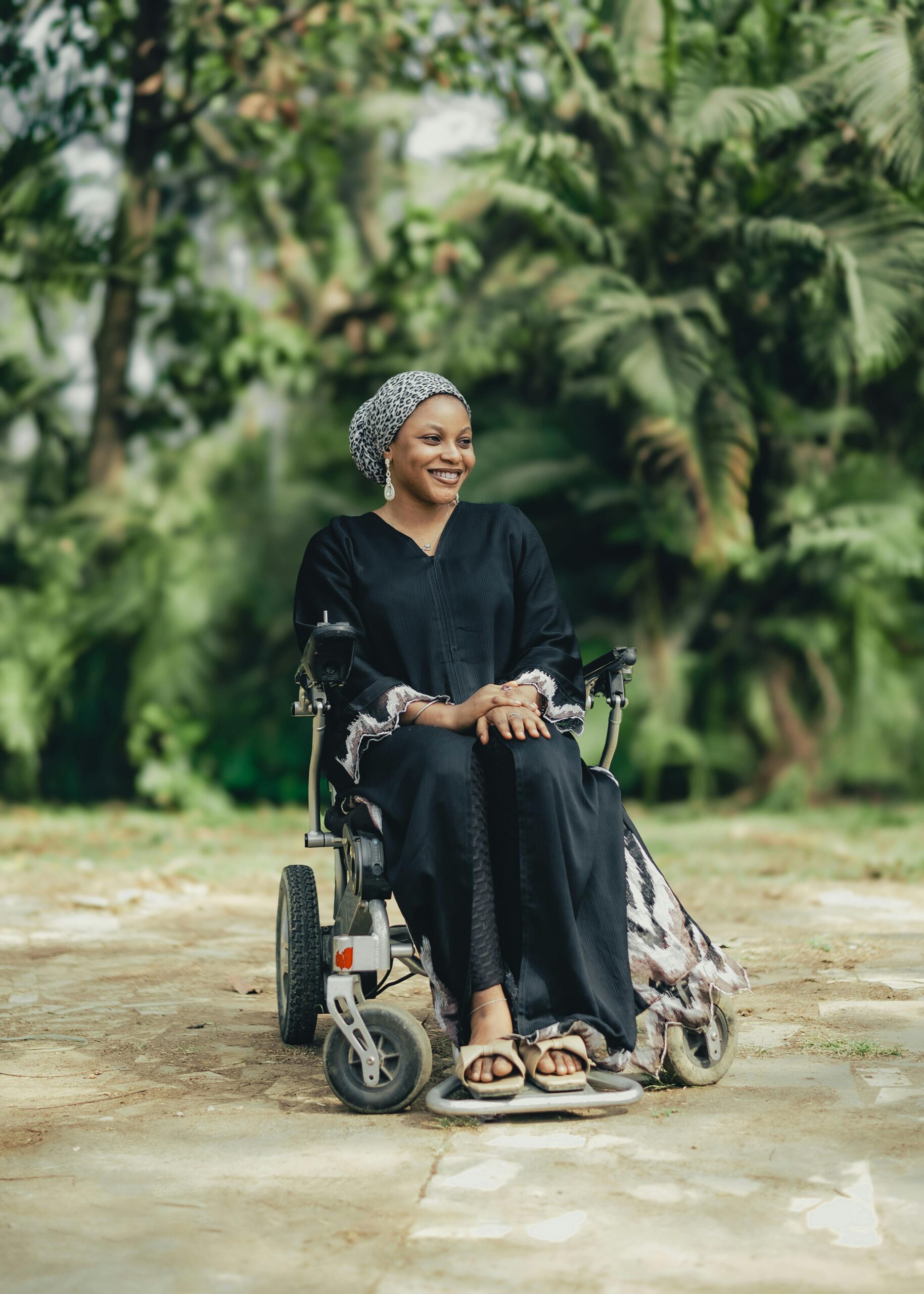
Advancing Inclusivity: AI’s Role in Empowering Persons with Disabilities in India
- admin
- August 18, 2025
- India, Tech & Innovation
- 0 Comments
“A Technological Renaissance: How AI is Redefining Accessibility for India’s Disabled Community”
Highlights at a Glance:
- AI-driven innovations are dismantling barriers for persons with disabilities (PwDs), fostering independence and integration.
- From cutting-edge assistive devices to adaptive learning platforms, AI is reshaping education, mobility, and communication for millions.
- Collaborative efforts between the government, private sector, and startups are accelerating the adoption of AI-powered accessibility solutions.
By the Numbers:
- India is home to 26.8 million individuals with disabilities, with 40% facing challenges in mobility and communication (Census 2011).
- AI-enabled assistive solutions have enhanced daily functionality for 60% of users, according to NASSCOM’s 2023 report.
- The Indian assistive technology market, fueled by AI, is poised to grow at a 28% CAGR, reaching $1.2 billion by 2027.
AI: Catalyzing Transformation in Accessibility
Artificial Intelligence (AI) is ushering in a new era of accessibility for persons with disabilities (PwDs) in India. By blending innovation with empathy, AI technologies are creating bespoke solutions that address diverse needs, empowering individuals to lead independent lives and contribute meaningfully to society.
Revolutionary Assistive Technologies
AI-powered tools are reshaping the accessibility landscape through groundbreaking advancements:
- Intelligent Voice Assistants: Devices like Google Assistant and Amazon Alexa empower visually impaired users to manage tasks seamlessly, from controlling appliances to accessing real-time information.
- Real-Time Transcription Software: Applications such as Microsoft Translator and Otter.ai provide instantaneous speech-to-text conversion, bridging communication gaps for individuals with hearing impairments.
- AI-Enhanced Mobility Devices: Startups like NeoMotion are developing AI-integrated wheelchairs and prosthetics, delivering unprecedented levels of customization and mobility.
Redefining Education and Professional Opportunities
AI is bridging accessibility divides in education and employment, unlocking new avenues for individuals with disabilities:
- Tailored Learning Platforms: Innovations like Thinkerbell Labs’ Annie, an AI-driven Braille tutor, are democratizing education for visually impaired students.
- Inclusive Hiring Practices: Recruitment platforms powered by AI, such as those developed by Enable India, align job seekers with disabilities to roles that capitalize on their unique skills, enhancing workplace diversity.
Enhancing Accessibility in Public Spaces
AI is reimagining public spaces to make them more navigable for PwDs:
- AI-enabled navigation tools, like Seeing AI, guide visually impaired users by narrating their surroundings and interpreting signboards.
- Pilot projects in cities such as Bengaluru and Delhi are deploying AI-based systems to improve accessibility within public transportation networks.
Government-Private Synergy Driving Progress
The Accessible India Campaign (Sugamya Bharat Abhiyan) has catalyzed a movement towards inclusivity, supported by private sector partnerships and technological ingenuity. Examples include:
- Microsoft India’s collaborations with non-profits to design AI solutions tailored to the visually and hearing impaired.
- Startups like Trestle Labs, which have pioneered AI-powered smart reading tools, enabling users to transform printed text into audio.
Navigating Challenges on the Road Ahead
While AI-powered accessibility is transformative, it faces hurdles:
- Affordability Constraints: The cost of advanced AI devices remains prohibitive for many PwDs, particularly in rural areas.
- Digital Exclusion: Limited digital infrastructure restricts the reach of AI solutions in underserved regions.
- Awareness and Training Gaps: A lack of knowledge about available technologies and inadequate user training impede adoption.
Envisioning the Future of AI Accessibility
The horizon for AI-driven accessibility in India is bright:
- Emerging technologies such as AI-enabled wearables and brain-machine interfaces promise to redefine the boundaries of what’s possible.
- By 2030, experts project that 80% of urban public infrastructure will integrate AI-powered accessibility features, setting a benchmark for inclusivity.


